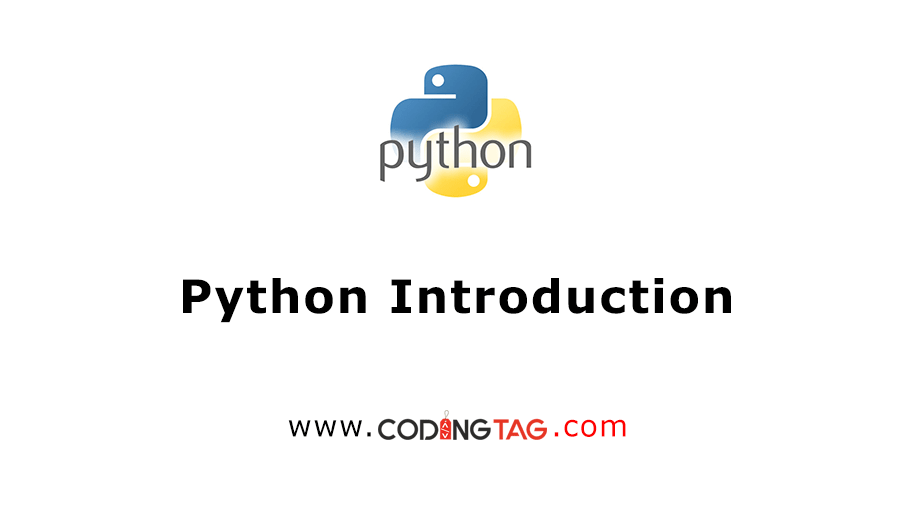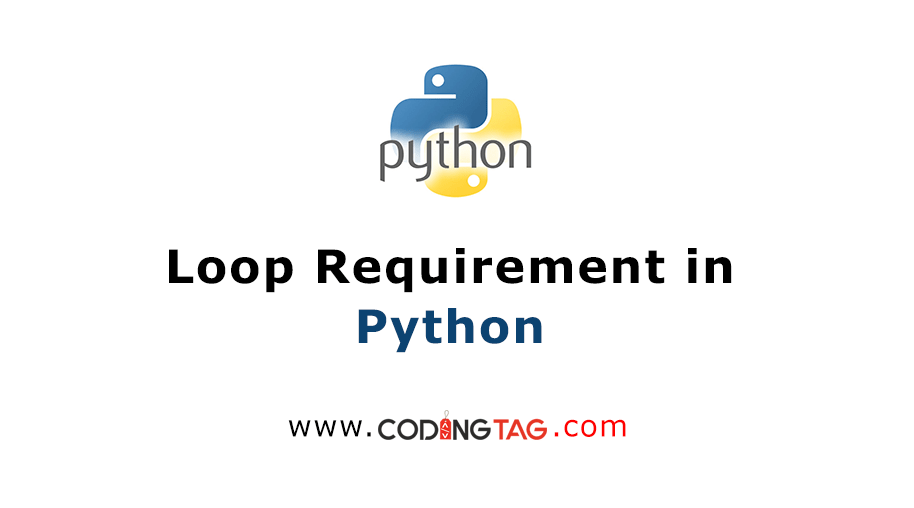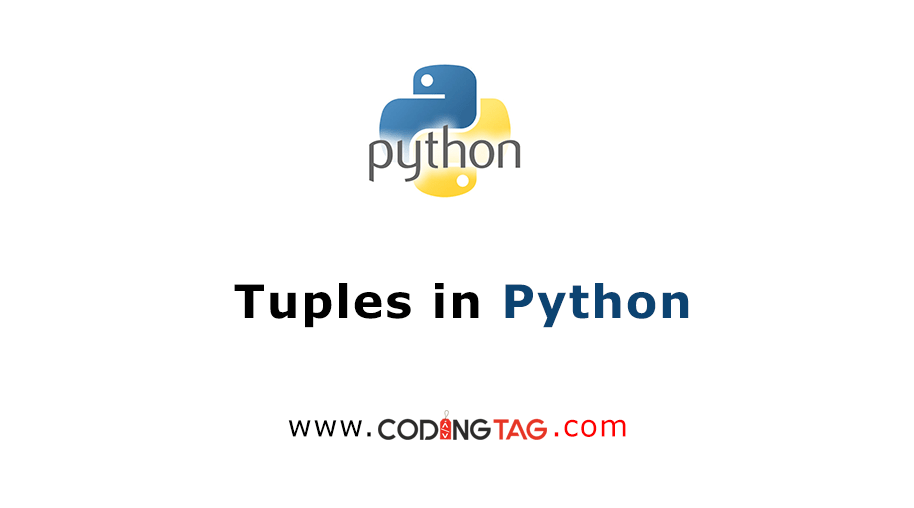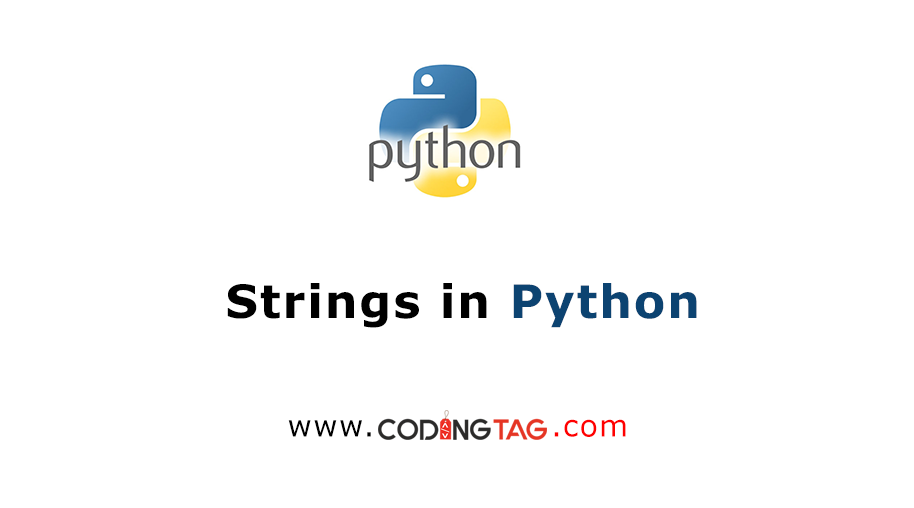How to use Python for Web Scraping and Data Extraction?
0 931
Abstract
Web scraping is a technique that is used to collect a large amount of information from various websites. It is an automated method that literally “scrapes” data from a website. It aims to mitigate human or manual work by automating the process. It is a process in which data from a website is collected and parsed.
The data can be analyzed and can be used for research, information, etc. Python is one of the best languages that can be used for web scraping and data extraction. Also, one crucial factor to consider is whether that website allows data scraping as it is illegal if it violates the terms and conditions of that site.
Scope
This article deals with the use of Python for web scraping and data extraction.
We will learn what exactly web scraping is and how it can automate tasks.
Introduction
I am pretty sure that you must have used or at least heard of various sites or bots that provide you with various information from different websites across the internet. Many job seekers use an automated job alert recommendation that posts jobs across various sites along with the location, salary, profile, and experience. This saves a lot of effort for the people and is an efficient method instead of manually searching for jobs across various sites.

For an instance, you get alerts about items from various shopping sites that for a particular product the rates have significantly gone down or a maximum discount is offered, but that is only valid for a certain period of time. This is all possible because of web scraping. It automates the task by reducing human effort and improving efficiency.
Many tasks can be automated using web scraping and repetitive tasks can be mitigated. The data can be analyzed and can be used for research, information, etc. We will learn about web scraping using Python in this article.
What is Web Scraping?
Web scraping is the process by which a large amount of information can be collected from various websites. It involves the usage of automated tools and software. The main aim is to reduce human efforts by automating. It is also known as web harvesting or web data extraction.
Scraping deals with data extraction automatically and can retrieve data from the website in a structured and organized way. It is the best way to extract information very fast and on a large scale.
Applications of Web Scraping
There are various applications of web scraping that are used in our daily life. They are as follows-
Price monitoring- Many companies revolving around E-commerce use web scraping to extract information about competitors’ sites and devise their own marketing strategy.
To collect email addresses- Many companies need email addresses for marketing, so they use web scraping to collect email addresses and send emails to people.
Search engine optimization (SEO)- SEO professionals can use web scraping tools to gather data on keyword rankings, backlinks, and other factors that affect search engine rankings.
Job list- Web scraping is used for an automated job alert recommendation to post about jobs across various sites along with the location, salary, profile, and experience.
Social media analysis- Researchers and marketers use web scraping on social media platforms to analyze trends and sentiments related to a particular topic or brand.
Research- Many researchers rely on web scraping to fetch information about data and various insights to analyze it.
Is it Legal to do Web Scraping?
This depends from website to website. Some websites allow web scraping, but many don’t. It is considered legal if it is done ethically and abides by the rules and regulations of that website. Some of the websites have a service agreement about prohibiting web scraping. If such a website is scraped and it violates its terms and conditions, it is possible that legal consequences can be faced.
Therefore, it's important to ensure that you have permission to scrape the website and to follow ethical guidelines while performing web scraping activities.
What are the different languages in which you can do web scraping?
There are many languages that can be used for web scraping including- R, JavaScript, Python, Ruby, etc. They are some of the most popular ones. The choice of language often depends on the specific needs of the project and the developer's personal preference and expertise. Python is the best for web scraping as it contains various libraries.
Python is a popular choice for web scraping due to the following reasons-
Easy to use and understand- It is very easy to use and understand. The syntax is lucid as compared to other languages.
Huge collection of libraries and frameworks- Python has many popular web scraping libraries and frameworks, such as BeautifulSoup, Scrapy, and Requests. These libraries make it easy to extract data from websites and parse HTML and XML documents.
Community support- Python has a large community of developers from whom you can seek help.
Compatibility- Python is a language that is compatible with multiple platforms, allowing code written in Python to be executed on various operating systems, including Windows, Mac, and Linux.
Libraries for Web Scraping in Python
There are various libraries that are available in Python that can be used for web scraping. Using Python for web scraping and data extraction is much easier with the libraries created using Python. Some of the most popular ones are-
BeautifulSoup: BeautifulSoup is a Python library that is used for parsing HTML and XML documents. It provides a simple interface for extracting data from HTML and XML files.
Scrapy: Scrapy is a Python framework for web scraping. Scrapy has a high-level API that is used for crawling websites and extracting structured data.
Selenium: Selenium is a Python library for automating web browsers. It can be used to scrape data from websites that require user interaction, such as filling out forms or clicking buttons.
What are the different ways to extract data from the web page?
There are many ways available for extracting data from web pages. The choice of method often depends on the structure of the web page, or the type of data being extracted. Also, it varies from developer to developer according to their expertise.
Some of the popular methods include- web scraping, CSS selectors, API, Regular Expressions, etc.
Procedure for web scraping and data extraction using Python
The pre-requisites are-
1. Python 2.x or 3.x with Selenium, BeautifulSoup installed
2. Google Chrome browser
The following are the steps required for our process-
1. Find the website that you want to scrape- Find the URL of the website that you want to scrape along with the data you want to extract.
2. Inspect the browser’s webpage- You can inspect the browser by right-clicking on the page and by analyzing the HTML tags and CSS selectors that correspond to the data you want to scrape.
3. Coding- Write a Python code that corresponds to the above step. This code will scrape the required data.
4. Testing- Run the Python code and test it to ensure that it is working correctly.
5. Store the scraped data- Store the scraped data in a suitable format, such as a CSV or JSON file, or database.
Also, it is important to abide by the legal terms and copyright guidelines of the website. It is better to avoid scraping illegal data.
Conclusion
In conclusion, web scraping is an automated method in which we can extract a large amount of information from various websites. It aims to reduce human effort and improve efficiency by collecting and parsing data from a website. It involves the usage of automated tools and software. It is also known as web harvesting or web data extraction. Python is one of the most popular languages used for web scraping and data extraction due to its easy-to-use syntax, vast collection of libraries, and strong community support.
The data collected by scraping can be analyzed and can be used for research, and information. However, it is crucial to consider whether the website allows data scraping as it may violate the website's terms and conditions, resulting in legal consequences. There are many libraries that Python supports like- Selenium, BeautifulSoup, and Scrapy.
The applications of web scraping include price monitoring, email address collection, SEO analysis, social media analysis, job listings, and research. Overall, web scraping is an efficient method for automating tasks and analyzing data and Python is one of the finest languages that supports web scraping.

Share:






Comments
Waiting for your comments